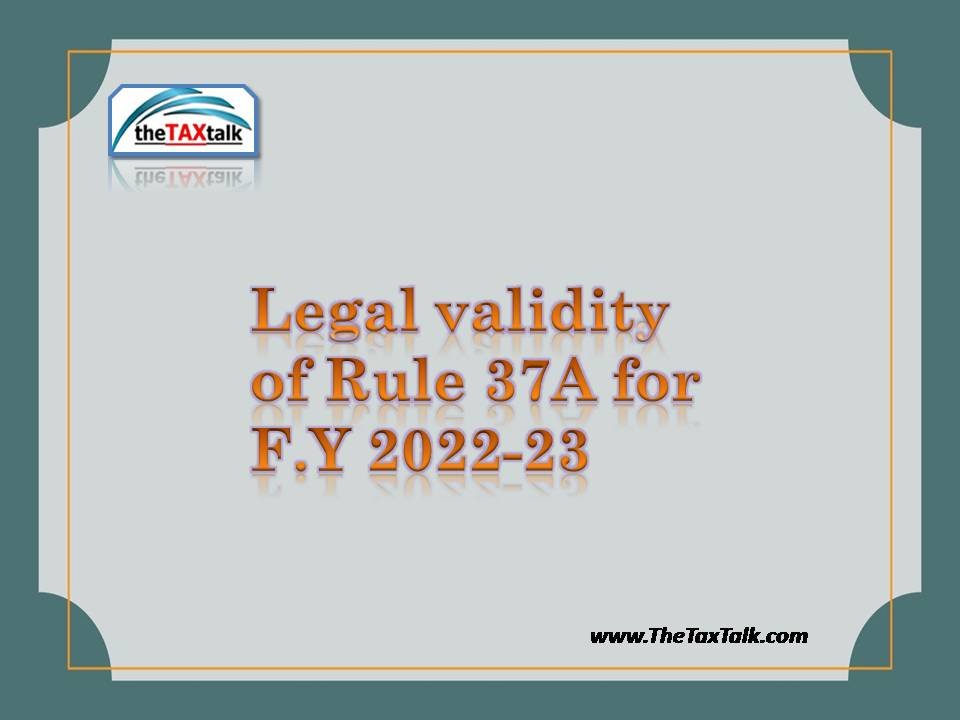Monday, August 7, 2023
Herzfeld: How To Define A Tax?
Mindy Herzfeld (Florida), How to Define a Tax?:
Recent developments in international taxation and larger corporate tax and investment trends call for a more precise understanding of the term tax and a more principled basis for making sense of the terms commonly used to distinguish between different types of taxes. The exercise is inherently interdisciplinary, yet law, economics and accounting all come to the table with different principled approaches and objectives. The meaning of words as understood by the disciplines of economics and accounting can get frozen in time when the law adapts them into rules that are not easily modified. The law struggles to incorporate and adapt to changing economic theories as well as the ongoing evolution of accounting standards with resulting inconsistencies, uncertainties and litigation. To compensate, the law sometimes adopts an outcome driven approach not rooted in principle, but that type of approach also creates challenges for the government writing the rules and for taxpayers applying them.
At the same time, differences between legal definitions and accounting standards create opportunities for tax planning and earnings management.
The struggle to develop coherent rules in the cross-border tax space has prompted proposals for greater reliance on accounting standards and away from tax laws rooted in economic theory. While such a shift may perhaps help address the challenges associated with the ossification of economic standards in law, it may also portend other, future, challenges. Accounting standards are – at least with respect to the definition of an income tax – more principled based than the legal standard, but also leave more room for individual judgment in application to particular circumstances.
https://taxprof.typepad.com/taxprof_blog/2023/08/herzfeld-how-to-define-a-tax.html




